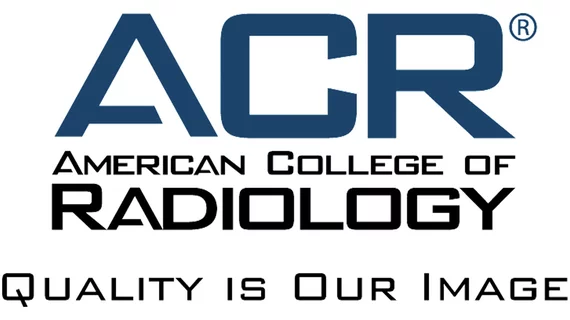ACR urges objectivity in USPSTF lung cancer screening research plan
In a letter to the U.S. Preventative Services Task Force (USPSTF), the American College of Radiology (ACR), the Lung Cancer Alliance and the Society of Thoracic Surgeons urged for objectivity in the upcoming review of the USPSTF’s lung cancer screening recommendations, according to an ACR release.
“We urge the USPSTF to seek objective information that will provide an accurate evidence base for at-risk individuals considering lung cancer screening,” the ACR wrote in the May 30 letter. “In addition, we urge the USPSTF to incorporate the balance of risks with additional life years gained across all high-risk populations at risk for lung cancer, and not just those that are at the highest risk.”
The USPSTF’s current recommendations, published December 2013, supports the use of lung cancer screening with low-dose computed tomography (LDCT) in certain high-risk patients.
“The critical issue at this point is how to optimize lung cancer screening implementation efficiently while simultaneously promoting the safe detection of and proper management of early-stage potentially curable lung cancer,” the letter read.

